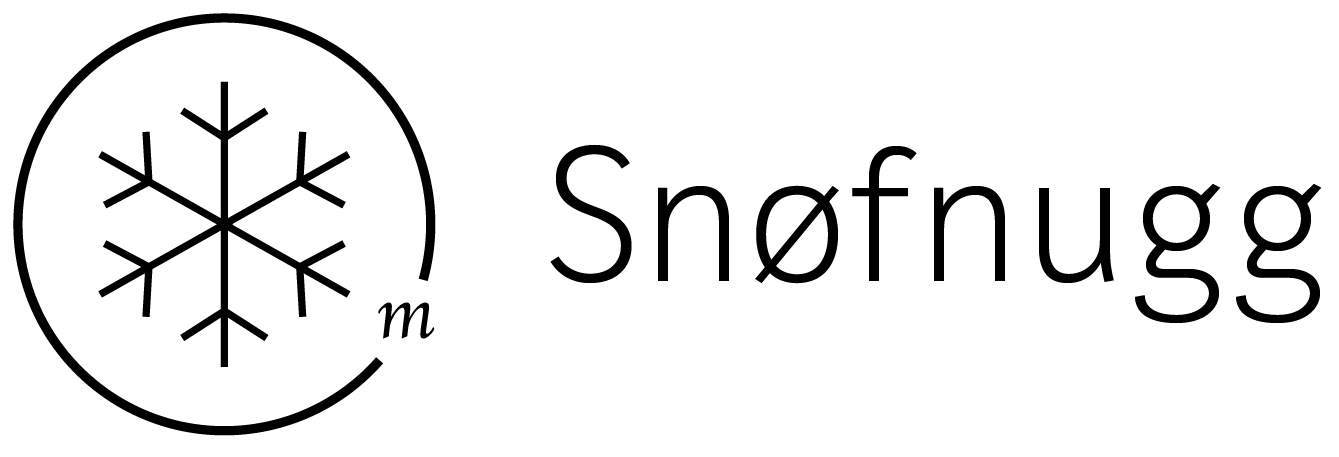A Fracture in Time🇬🇧
Essay: A Fracture in Time
The world held its breath, as if it had been caught in the grip of an invisible hand. Not by choice, but by reflex—like an animal that halts mid-step in the woods because something in the air feels off. The silence that followed was not the peaceful kind, like the calm after a snowstorm or the quiet of a warm afternoon. It was a different silence, thick and heavy, like fog swallowing every street, every thought. It crept into living rooms, found its way into hearts and minds, smothering any voice that tried to make sense of what was unfolding.
The streets were empty, the cafés dark. Airports, once the pulsating lifeblood of the world, stood eerily still. Life seemed to dissolve—not just physically, but in the smallest gestures that once connected us: a smile over coffee, a brief hug on a train platform. Everyone retreated into their own bubbles, alone yet united by an invisible, undeniable weight—the fear of what lay ahead, the unknown.
It all began with something so small, so barely noticeable. A virus, silent and almost invisible, making its way across the globe. Like the shadow of a cat slipping through the night, persistent yet unnoticed. It stopped the world, pulled it out of its rhythm, its normal flow. And the more people tried to understand it, the clearer it became that the virus itself wasn’t the story. It was what it exposed—a fracture. A rupture in time.
Life Between the Fractures
I thought about the hospital, about the doctors and nurses battling every day like soldiers on an unseen front. But the hospital was no longer a place confined by walls. It had expanded, become all-encompassing. The line between the inside and the outside, the healthy and the sick, had disappeared. The entire world had become one giant hospital, where everyone was a participant—whether they wanted to be or not.
Some nights, I sat alone in my room, listening to the silence. No wind rustling the trees, no distant hum of cars. The only sound was the soft buzz of the refrigerator, a reminder that the world, though still, was still turning. One night, a voice drifted up from a balcony. Someone was singing, though imperfectly, with a quiver in the voice. Yet, it was unforgettable. It pierced through the heavy darkness we all felt, like a slender beam of light pushing its way through a narrow crack. It was the moment when life, in its smallest form, fought back.
The Metaphor of the Fracture
Looking back now, the pandemic feels like a symbol, an invisible crack that forced us to face the fragility of our existence. We humans are so often under the illusion of control—through science, politics, answers. But what happens when that illusion shatters? The pandemic, like any great disruption—be it a war, a trade conflict, or personal tragedy—has one thing in common: it throws us into a place where time begins to bend, where everything feels out of sync.
I wonder if these "fractures" in time, the ones physicists like Stephen Hawking speculated about, could also be metaphors for the crises we face. Hawking spoke of singularities—points in space and time where the laws of physics no longer make sense. A "fracture in time" sounds like a puzzle, a riddle of the universe, but what if it’s something far more human? A moment where everything stops, shifts, and forces us to see, to think, in a new way?
Lessons in Vulnerability
We often like to think that the answers to our problems are out there, waiting for us in the future—in vaccines, in politicians, in technology that will one day carry us to other worlds. But the truth is, every crisis poses the same question: Can we live with uncertainty? Can we accept the fragility of our existence and still keep going?
Perhaps the real lesson of times like these isn’t that they offer us answers, but that they teach us to remain in the question. Life isn’t about the sum of the solutions we find, but about the moments in between, when we keep breathing, keep moving, despite everything. Each of us carries a part of this invisible burden, and yet, we are not alone. These small acts of defiance against the darkness—a song, a conversation, a tiny act of kindness—may be all we need to bridge the fractures in time.
A Mirror to Humanity
The world will never be the same. And maybe that’s okay. For if we learn to live with these "fractures," we might also learn how to become better—not more perfect, but more vulnerable, more real. And perhaps, when we look back on this time, we’ll see that these fractures were not signs of weakness, but the places where the light came through.
